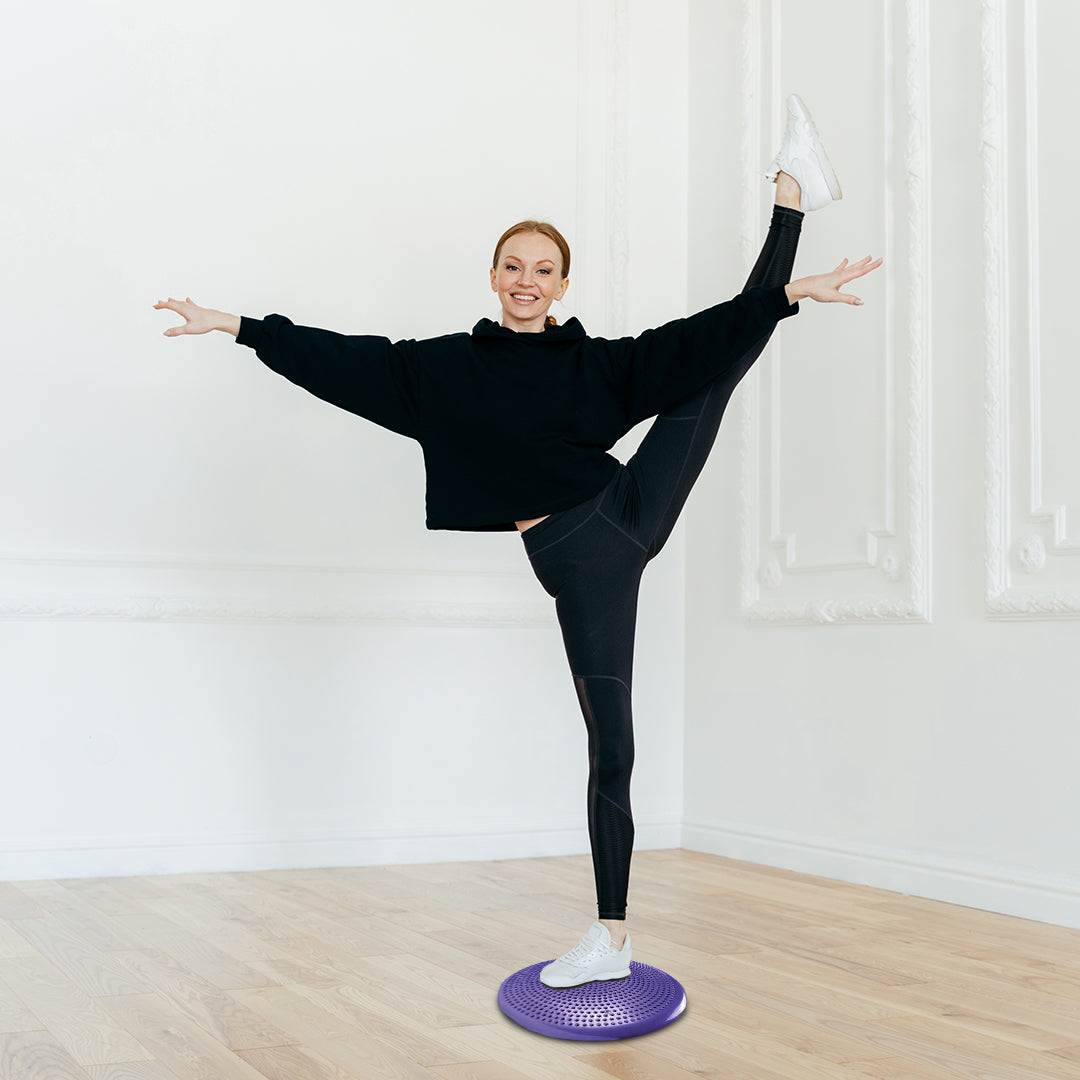Empowering Women: A Guide to Choosing the Right Kettlebell Weight
For women of all fitness levels, kettlebell training is a dynamic and efficient form of exercise that has become standard in the fitness industry. The question, "What weight kettlebell should I use?" is one that many women frequently ask. We'll look at the variables that affect this choice in this guide so that any woman may choose the kettlebell weight with confidence, matching it to her fitness objectives.
Women are using kettlebell workouts more frequently because of their adaptability and efficiency in reaching a variety of fitness objectives. Regardless of your level of experience, picking the appropriate kettlebell weight is crucial to optimising your gains and lowering your chance of injury. We'll provide you a piece of thorough information in this blog article to assist you in choosing the right kettlebell weight for your fitness level and objectives.
Which Kettlebells Are Needed?

Kettlebells are available in a range of weights, usually from 4 kg (9 pounds) to 48 kg (106 pounds) or even more. It's crucial to take your present fitness level, strength, and the particular movements you intend to undertake into account when choosing the right kettlebell weight for women.
Knowing Your Current Fitness Level
Accurately determining your current fitness level is the first step in selecting the ideal kettlebell weight.
Beginner's Delight (8–12 kg / 18–26 lbs):
- If you're not familiar with kettlebell exercises, begin with a lower weight and concentrate on learning the essential motions.
- For workouts like squats, lunges, and rows to establish a strong foundation, lighter kettlebells work great.
Intermediate Progress (26–35 pounds / 12–16 kg):
- A moderate weight offers the ideal ratio of challenge to control for anyone with some prior kettlebell expertise.
- As you progress in your training, take into consideration this range for exercises like swings, goblet squats, and presses.
Advanced Power (16+ kg / 35+ lbs):
- You can advance to larger weights as you gain experience for increased resistance and intensity.
- Turkish get-ups and snatches are two tough exercises that work well with heavier kettlebells.
Customised to Your Objectives:
The kettlebell's weight should correspond to your individual fitness goals.

Strength and Toning:
Select a weight that enables you to complete 8–12 repetitions with appropriate form if your objective is to increase muscular tone and strength.
Endurance and Cardiovascular Health:
If your primary concern is improving your cardiovascular health, choose a lighter kettlebell for dynamic, high-repetition activities.
Hearing Your Body:
Your body has the greatest knowledge. Observe its cues and adapt your actions accordingly.
Comfort and Control:
Choose a weight that challenges you but allows for controlled, smooth movements. Uncomfortable strain may indicate a need for a lighter kettlebell.
Expert Advice Matters:
Don't hesitate to consult with fitness professionals or trainers who can provide personalized guidance based on your fitness journey and aspirations.
Listen to Your Body:
In the end, it's important to pay attention to your body while choosing a kettlebell weight. Opt for a lighter option if a weight feels excessively heavy or puts undue pressure or discomfort on your joints. The amount of weight lifted should never be more important than proper form and technique.
Conclusion
For women, choosing the appropriate kettlebell weight is a crucial first step in achieving a fulfilling fitness journey. Whether you're a beginner or an experienced exerciser trying to advance, trust the process, pay attention to your body, and select a kettlebell weight that will help you achieve your fitness objectives. The ideal kettlebell is a tool for your strength, self-assurance, and general well-being—it's more than just a weight. Take one kettlebell swing at a time and step into your power!
Choosing the appropriate kettlebell weight is essential to reaching your fitness objectives and guaranteeing the efficacy and safety of your exercises. You can make an informed choice by taking into account your fitness level, your goals, and the particular workouts you intend to perform. As your strength and confidence grow, progressively increase the weight you start with to maintain perfect form and technique. For individualised advice, speak with a fitness expert or kettlebell instructor if necessary. Now grab your ideal kettlebell weight and start your road to become a better, more fit version of yourself!





